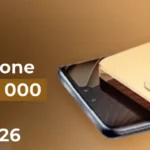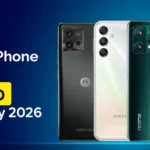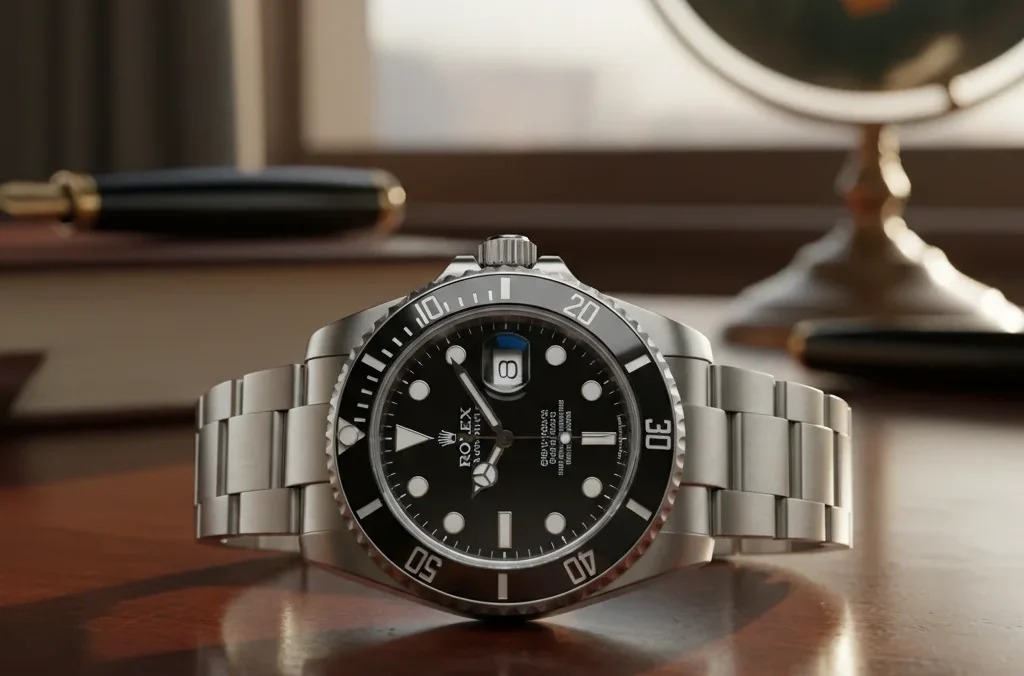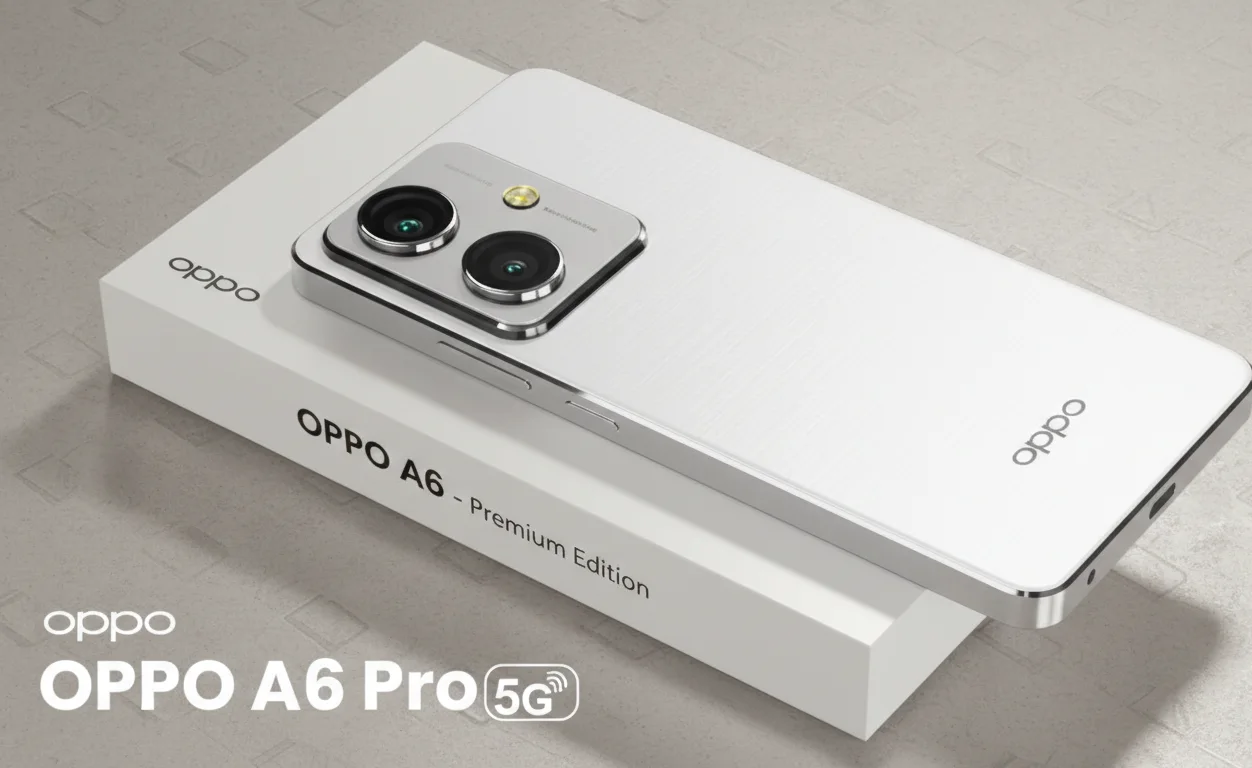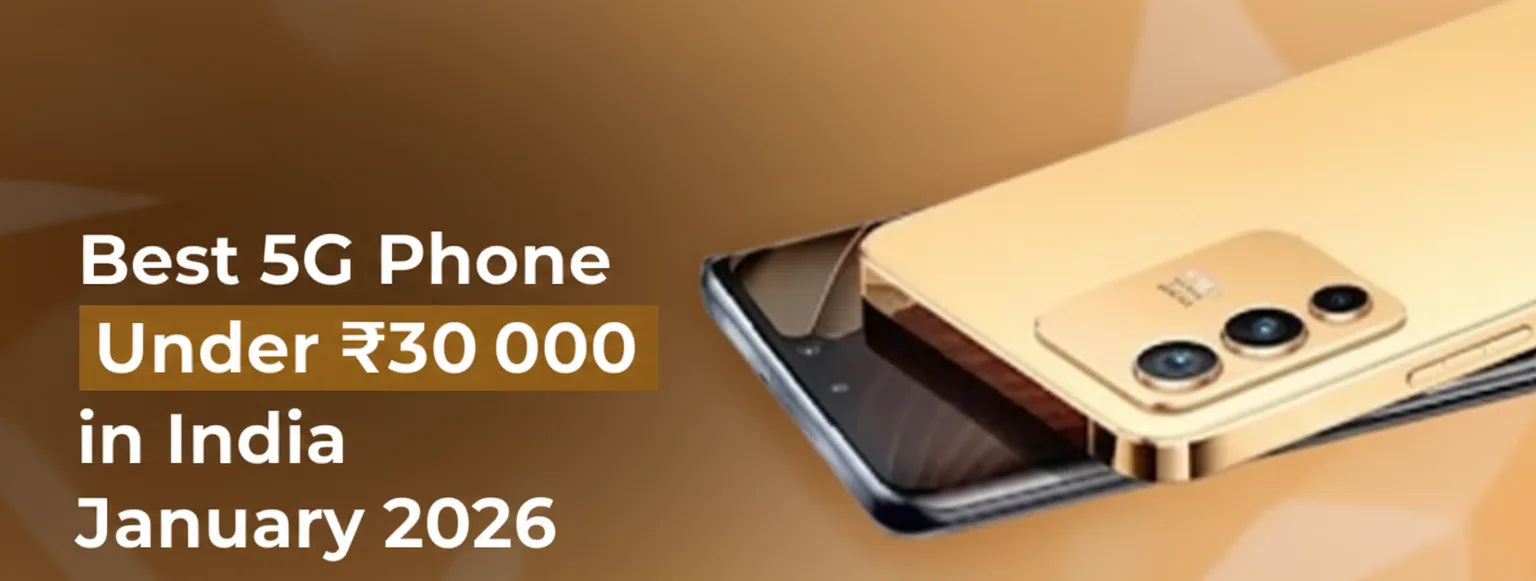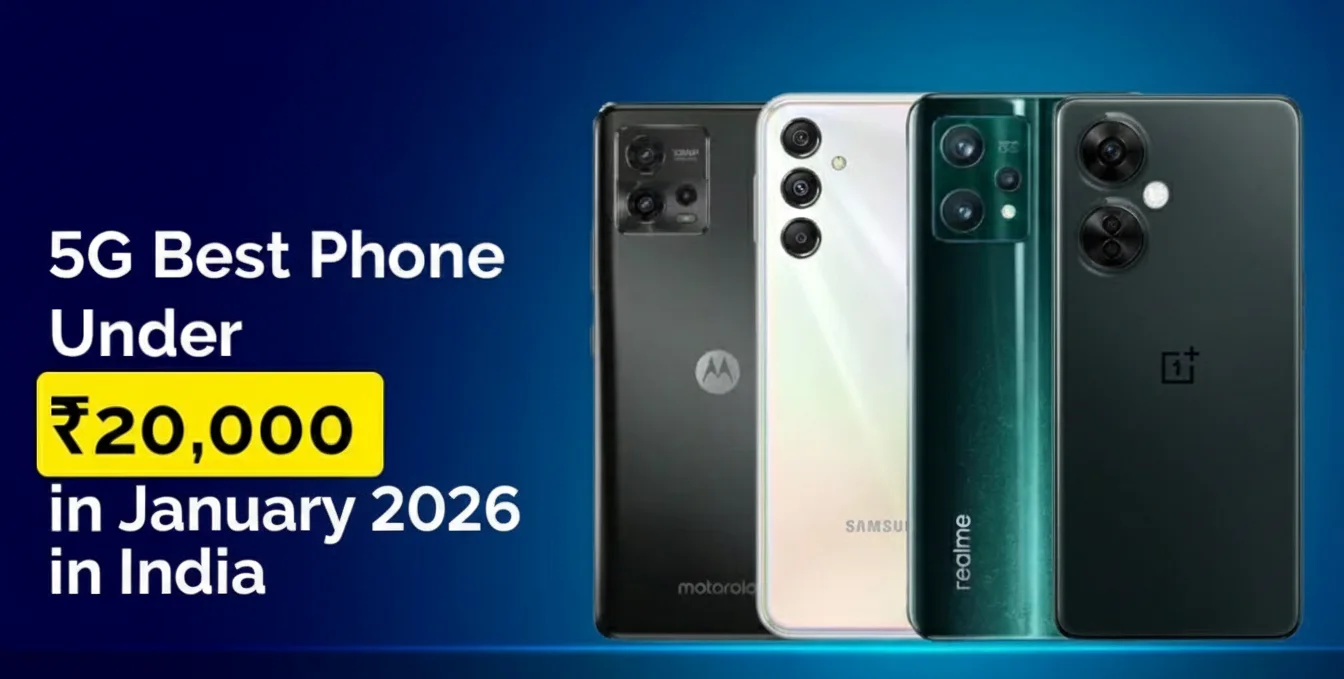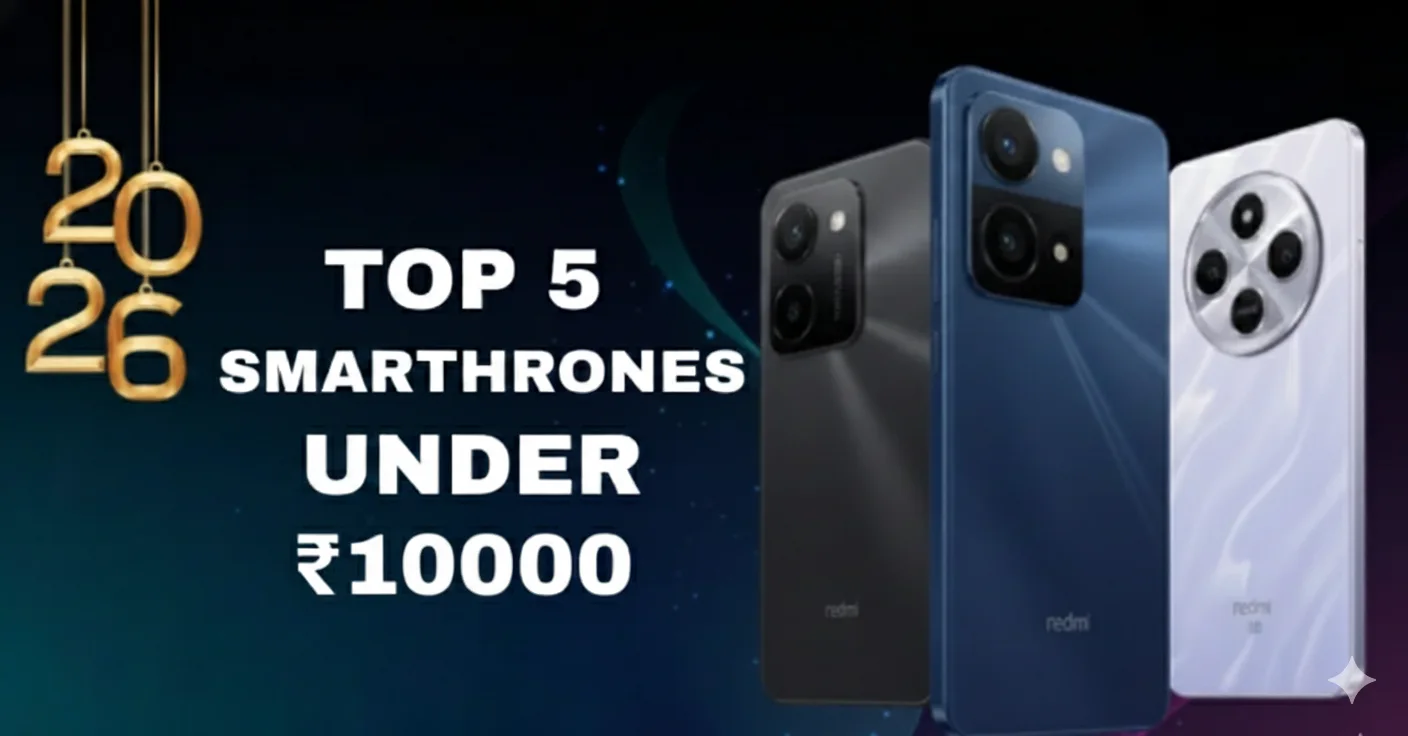When people think about luxury watches, Rolex is usually the first name that comes up. For decades it has been linked with success, style, and achievement. To many, it isn’t just a watch—it’s a milestone.
But let’s be real, before anyone even dreams about buying one, the big question is always the same: how much does a Rolex cost?
If you’ve been asking yourself that in 2025, here’s a breakdown. I’ll keep it simple, explain the starting price in India and worldwide, and also walk you through why Rolex is so expensive and which models are worth looking at first.
Why Rolex Watches Are So Expensive
Rolex has built a reputation that justifies its price. A few reasons:
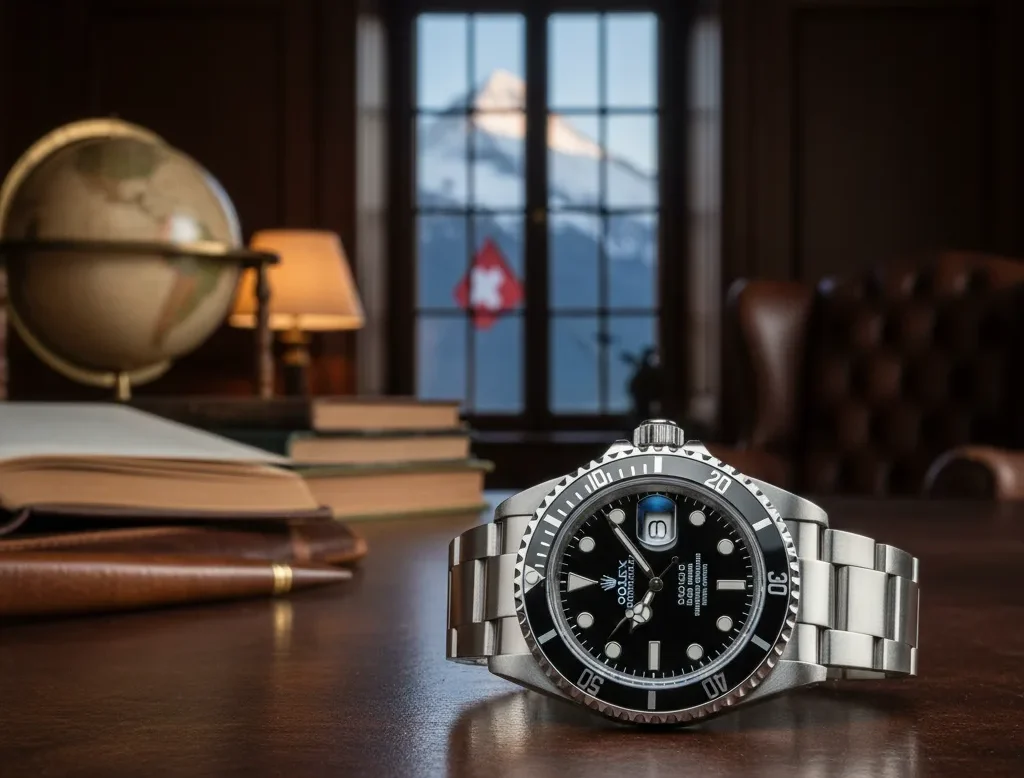
- Made in Switzerland – Every single Watch is built with crazy attention to detail. Nothing is outsourced.
- Premium stuff – From their special steel (Oystersteel) to 18k gold and platinum, the brand only uses the best.
- Own movements – Rolex doesn’t buy the heart of the watch from anyone else. They make their own, and they’re known for accuracy.
- Heritage – For decades, explorers, leaders, athletes, and professionals have worn Rolex. That history adds weight.
- Resale value – Unlike most things you buy, many Rolex models hold their value or even go up in price.
Rolex Watches Starting Price in 2025
So, what’s the number?
- Globally: the cheapest Rolex will cost you around $5,500 to $6,000 USD.
- In India: expect anywhere between ₹4.8 lakh and ₹5.5 lakh for the entry-level models.
These are the starting points. If you’re looking at gold, diamonds, or something from the “professional” lineup, prices climb very quickly.
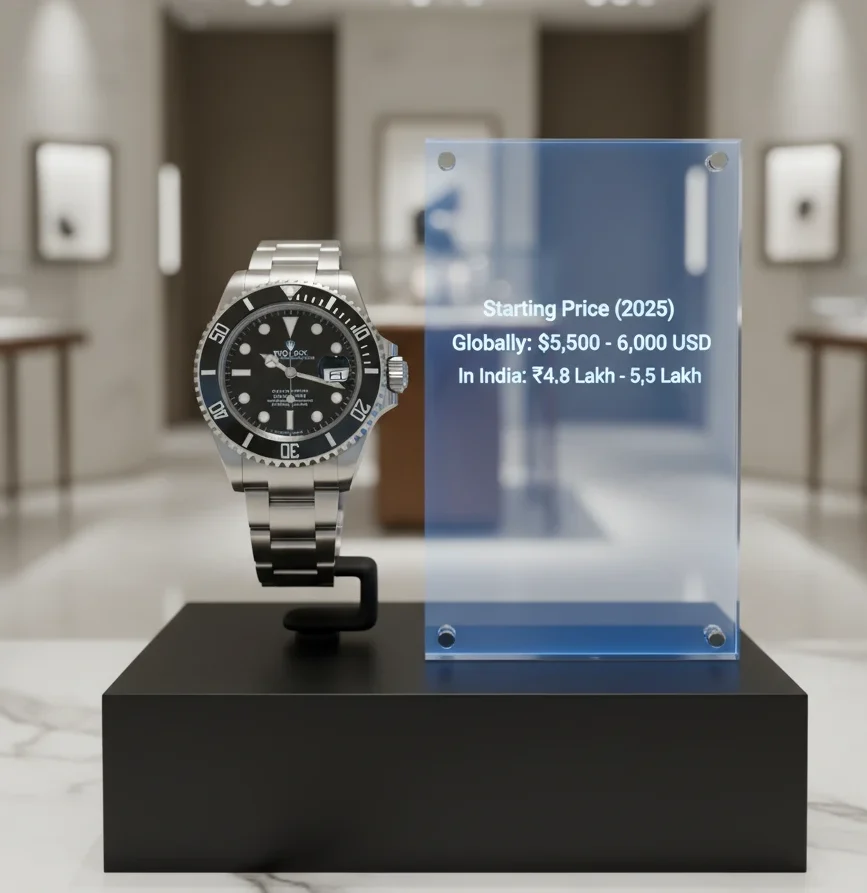
Good Entry-Level Models
If you’re buying your first Rolex, you don’t need to jump into the deep end. A few solid options at the base price:
- Oyster Perpetual – Starts around ₹4.8 lakh. It’s clean, simple, and timeless. Honestly the best “first Rolex” for most people.
- Air-King – Around ₹5.2 lakh. More sporty, aviation-inspired, and stands out a bit more.
- Explorer – Starts near ₹6 lakh. Strong, rugged, and made for outdoor types. Has a cool backstory too.
What Affects the Price
The starting price is one thing, but here’s what makes some Rolex watches way more expensive:
- The collection – Submariner, Daytona, GMT-Master II are all much costlier.
- Materials – Steel is cheapest. Gold and platinum push things into the multi-lakh or even crore range.
- Dial and features – Diamonds, rare dials, or complications like dual time zones raise the cost.
- Demand – Some models have waiting lists, and resale prices often go above retail.
- Taxes – Import duties and GST in India add a chunk to the price compared to other countries.
Rolex vs Other Brands
You might wonder: why not Omega, Tag Heuer, or Cartier instead?
- Omega – Starts near ₹3 lakh. High quality but doesn’t have the same “status symbol” factor.
- Tag Heuer – Entry point around ₹2 lakh. Sporty, stylish, but seen as a step below Rolex.
- Cartier – Starts around ₹4.5 lakh. Focuses more on design and fashion than rugged durability.
Rolex stays ahead because of its global recognition, resale value, and reputation.
Is an Entry-Level Worth It?
Yes. Even the cheapest gives you the same build quality as the expensive ones. You still get:
- Swiss accuracy
- Solid durability
- The crown logo (that prestige counts)
- The chance that it might even go up in value
For many, it’s the smartest way to start. You get into the world without spending 15–20 lakh right away.
Tips Before You Buy
Stick to authorized dealers so you know it’s genuine.
Check market prices first. Sometimes resale is higher than retail.
Pick a model that fits your style—minimal, sporty, or adventurous.
Think long term. A Rolex is something you’ll probably wear for decades.
Final Thoughts
In 2025, the starting price of a Rolex is about ₹4.8 lakh in India and $5,500 globally. Entry-level picks like the Oyster Perpetual, Air-King, and Explorer give you the true Rolex experience without going all in on the most expensive models.

At the end of the day, buying a Watches isn’t about just telling the time. It’s about wearing history, celebrating milestones, and owning something that lasts a lifetime.
Interested in tech as well? Don’t miss our in-depth review of the iPhone 13 Pro Max.


